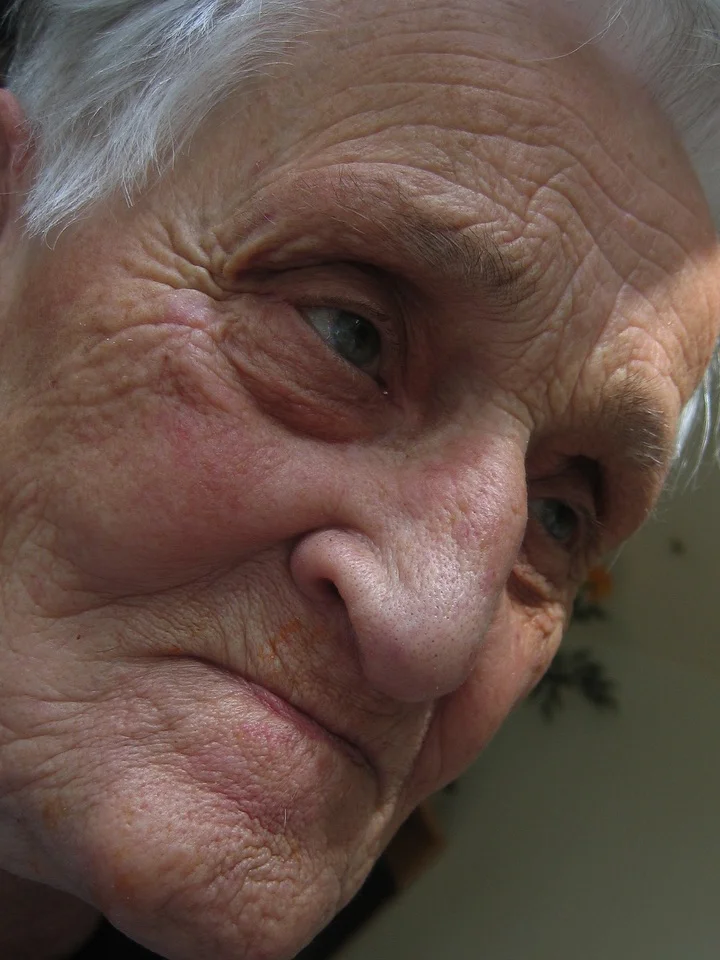Geriatricians: The Superheroes of Senior Care
Ever wondered who the superheroes of senior care are? Well, let me introduce you to the unsung heroes – Geriatricians! These remarkable medical professionals are dedicated to ensuring the well-being and quality of life of our aging population. In this blog post, we’ll delve into the world of geriatricians, exploring their roles, their importance in the healthcare system, and how they help older adults lead fulfilling lives.
What is a Geriatrician?

Picture this: your grandma or grandpa is experiencing age-related health issues, and you’re unsure which medical specialist to consult. Enter geriatricians, medical doctors with specialized training in the unique healthcare needs of older adults. They are like doctors with an extra touch of magic when it comes to senior care.
Geriatricians are a vital part of the healthcare puzzle, focusing on preventing, diagnosing, and treating medical conditions that commonly affect the elderly. From arthritis and osteoporosis to dementia and heart disease, they have a deep understanding of the complexities that come with aging.
The Role of a Geriatrician
You might be wondering, “Don’t regular doctors treat seniors too?” Well, yes, they do, but geriatricians bring a wealth of expertise and experience to the table that sets them apart. They have a comprehensive approach to healthcare that goes beyond treating individual symptoms. Instead, they consider the whole person, taking into account their medical history, social circumstances, and overall well-being.
A geriatrician’s role involves managing multiple chronic conditions in coordination with other specialists. For instance, they might collaborate with a cardiologist to manage heart disease while addressing the patient’s cognitive decline with a neurologist.
The Importance of Geriatricians
Imagine your aging parent has Alzheimer’s disease. As their primary caregiver, you’re overwhelmed, trying to navigate the complexities of this condition while juggling your other responsibilities. A geriatrician becomes your guiding light, providing support and tailored care for your loved one.
One key aspect that sets geriatricians apart is their focus on enhancing the quality of life for older adults. They understand that it’s not just about increasing the years but making those years meaningful and enjoyable. Through a personalized approach, they address the specific needs and goals of each patient, helping them maintain independence and autonomy whenever possible.
Geriatrician vs. Gerontologist – What’s the Difference?
Geriatrician? Gerontologist? What’s the deal with all these fancy terms? Let’s clear up the confusion.
While geriatricians are medical doctors specializing in the healthcare of older adults, gerontologists are professionals from various fields like social work, psychology, and sociology, who study the aging process. While geriatricians provide direct medical care, gerontologists often work in research, policy development, and social services to support the elderly population.
Think of geriatricians as the medical superheroes on the frontline, while gerontologists are the brilliant minds behind the scenes, making sure everything runs smoothly.
Challenges Faced by Geriatricians
Even superheroes have their challenges, and geriatricians are no exception. One major hurdle they encounter is the shortage of professionals in their field. With the aging baby boomer generation, the demand for geriatric care has surged, yet there aren’t enough geriatricians to meet this need.
Moreover, geriatric medicine requires a unique skill set, as older adults often present complex and multiple health issues simultaneously. This calls for a compassionate, patient-centered approach, which not every doctor is equipped to handle.
The Future of Geriatric Care
As the world continues to witness an unprecedented increase in the elderly population, the need for geriatricians becomes even more apparent. Healthcare systems and policymakers must invest in training and supporting these specialized professionals to ensure adequate care for seniors in the years to come.
The integration of technology in geriatric care also holds promise. Telemedicine, wearable devices, and smart home technologies can enhance communication between patients and geriatricians, enabling remote monitoring and timely interventions.
Do Geriatricians treat Alzheimer’s?

Yes, geriatricians do treat Alzheimer’s disease. Geriatricians are medical doctors who specialize in providing healthcare for older adults, particularly those aged 65 and above. They are trained to address the unique healthcare needs and complexities that come with aging. Alzheimer’s disease is a neurodegenerative condition that primarily affects older adults, and geriatricians are well-equipped to manage and treat this condition in their patients.
When it comes to Alzheimer’s disease, geriatricians play a crucial role in the early diagnosis and ongoing management of the condition. They have expertise in recognizing the symptoms and differentiating Alzheimer’s from other forms of dementia or cognitive impairments, which is essential for accurate diagnosis and appropriate treatment planning.
Geriatricians employ a comprehensive and patient-centered approach to care, taking into account the individual’s overall health status, medical history, and specific needs. They collaborate with other healthcare professionals, such as neurologists, psychiatrists, and social workers, to develop personalized treatment plans for Alzheimer’s patients.
Treatment for Alzheimer’s disease typically involves a combination of pharmacological interventions, behavioral therapies, and lifestyle modifications. Geriatricians can prescribe and monitor medications aimed at managing the symptoms of Alzheimer’s, such as cholinesterase inhibitors or memantine.
Furthermore, geriatricians offer valuable support to Alzheimer’s patients and their families by addressing caregiver stress, providing education about the disease’s progression, and suggesting strategies to enhance the patient’s quality of life. They play a vital role in coordinating care, ensuring regular follow-ups, and adjusting treatment plans as needed to adapt to the evolving needs of the patient.
Conclusion: Embracing the Geriatrician Way
Geriatricians are the unsung heroes who quietly work behind the scenes, making a world of difference in the lives of our elderly loved ones. Their expertise and dedication ensure that older adults receive the care and attention they deserve, allowing them to lead fulfilling lives despite the challenges that come with aging.
Next time you encounter someone working in geriatric care, take a moment to appreciate the incredible work they do. Whether you’re an older adult yourself or have aging family members, understanding the role of geriatricians can help you make informed healthcare decisions and prioritize your well-being.
Now, I’d love to hear from you! Do you have any experiences or thoughts related to geriatric care? Are there any questions you’d like to ask about the field? Share your stories and insights in the comments below, and let’s continue the conversation!
